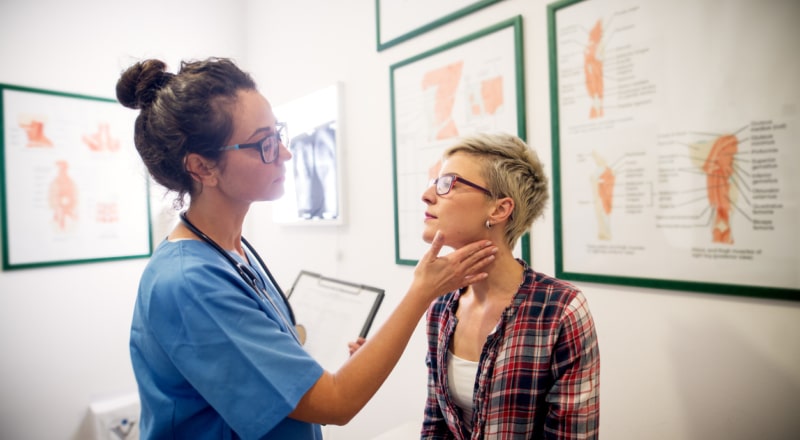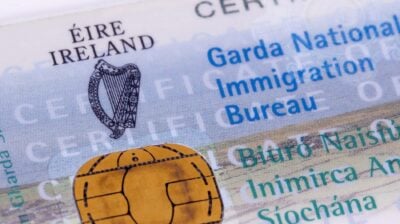Can I consent to medical treatment when I am under 18?
Learn more about your right to medical treatment when you are under age


This factsheet is an extract from the publication Know Your Rights: The Rights of Children and Young People published by the Children’s Rights Alliance. It is reproduced here with their kind permission. Know Your Rights is a public information project designed to inform everyone, in plain language, of the rights and entitlements children have in Ireland and where to go when they are not respected.
Giving consent to medical treatment means giving permission for surgical, medical or dental treatment. If you are under 16 years, your parent or guardian must consent to any surgical, medical or dental treatment you receive. However, you should be told about the treatment and your views or concerns should be listened to and taken into account.
Consenting to medical treatment in Ireland when under 18
If you are over 16, you can consent to surgical, medical or dental treatment, including any treatment or tests needed to find out what is making you feel unwell. However, doctors and hospitals will usually also look for the consent of your parent or guardian before they carry out any tests or treatment.
You must be 18 to consent to mental health treatment.
Can I refuse to give consent to medical treatment?
The law is not clear on whether you can refuse medical treatment when you are under the age of 18. If you are under the age of 18 you will not usually be allowed to refuse treatment if your doctor believes it is the best thing for you and your parent or guardian agrees. The doctor should help you to understand the importance of having the treatment.
Do I have a right to see my health records?
You can see your health records when you are 18 years of age. If you are under 18, your parent or guardian can access them on your behalf. In some cases, you or your parent or guardian may not get access to your health records if a doctor or hospital thinks it is not the best thing or could be damaging for you.
Can I visit the doctor on my own without my parent or guardian?
Yes. But while you are under the age of 18 years the doctor cannot promise that they will not tell your parent or guardian about your treatment.
Do I have a right to confidentiality with my doctor?
No. If you are under 16, your doctor must inform your parent or guardian about your visit except in very rare cases. Even if you are over the age of 16, the doctor cannot give you a guarantee of confidentiality as your parent or guardian has a right to ask for access to your medical records until you are 18. But if your doctor thinks that it would better for you if your parent did not know about your visit, they may decide to keep the information from them.
If a doctor or nurse is concerned that you or another child is being harmed in any way or at risk of being harmed, the law says they must report their concern to Tusla, the Child Protection Agency.
Take our minimum ages Quiz to learn more about what you are legally allowed to do at what age.
Need more information?
We are here to answer your questions and talk through your options. Our online chat service is for 16 to 25 year olds and is available Monday to Friday, 4pm to 8pm. Chat to us now about your situation.
- Chat now to a trained Youth Information Officer
- Or leave us a message and we will email you back






